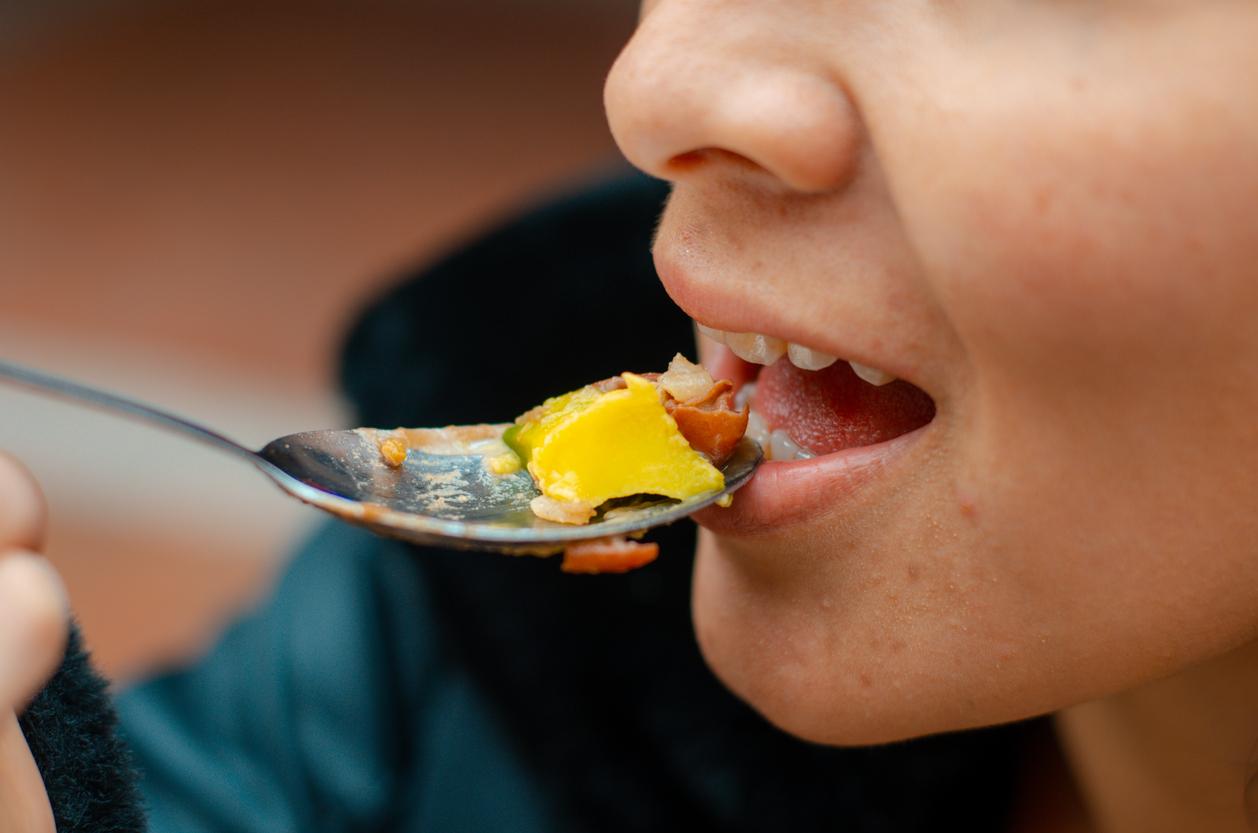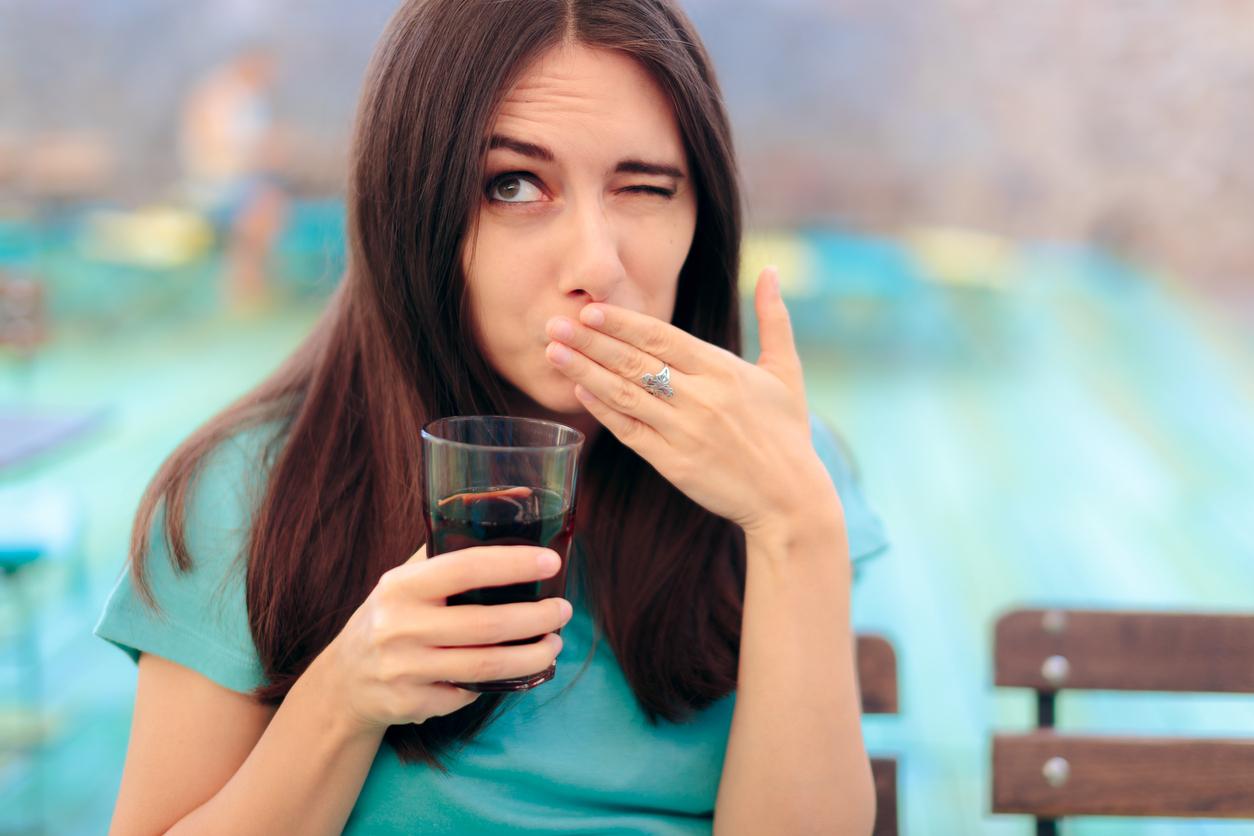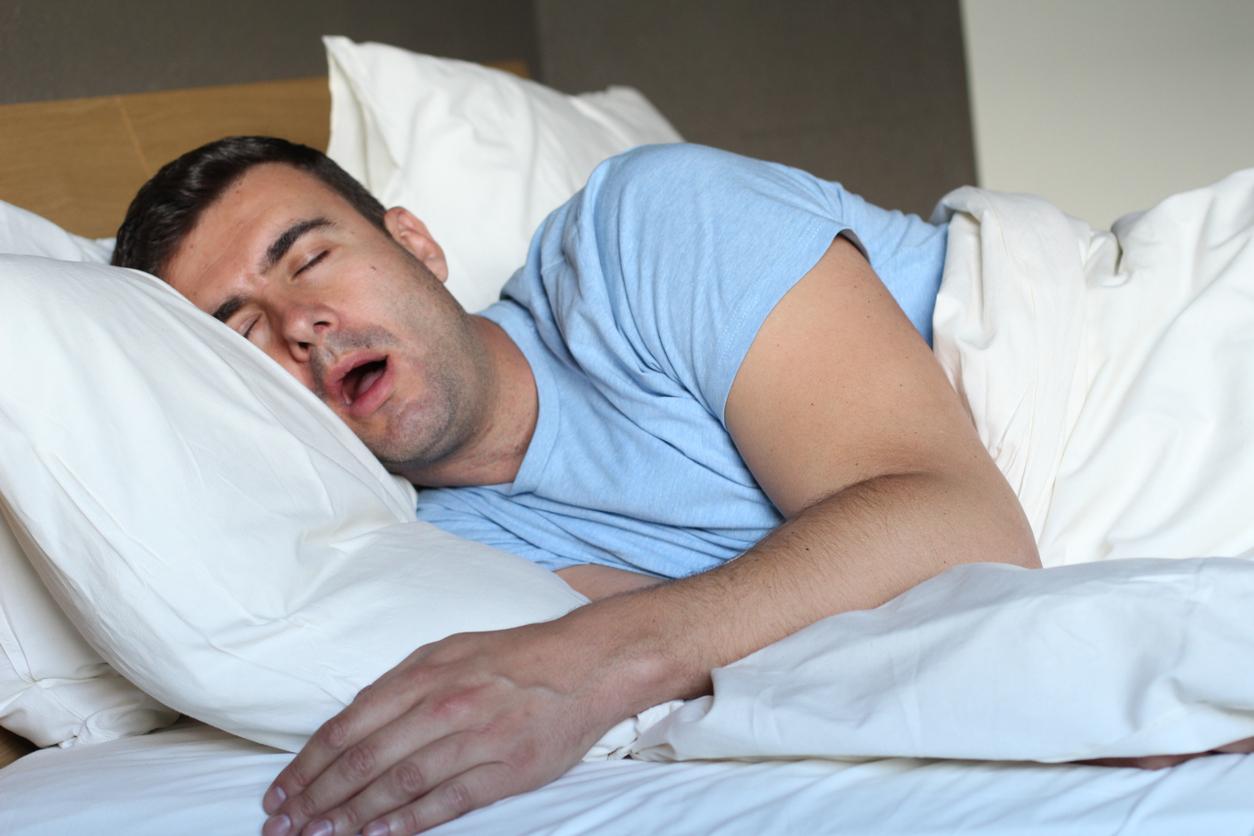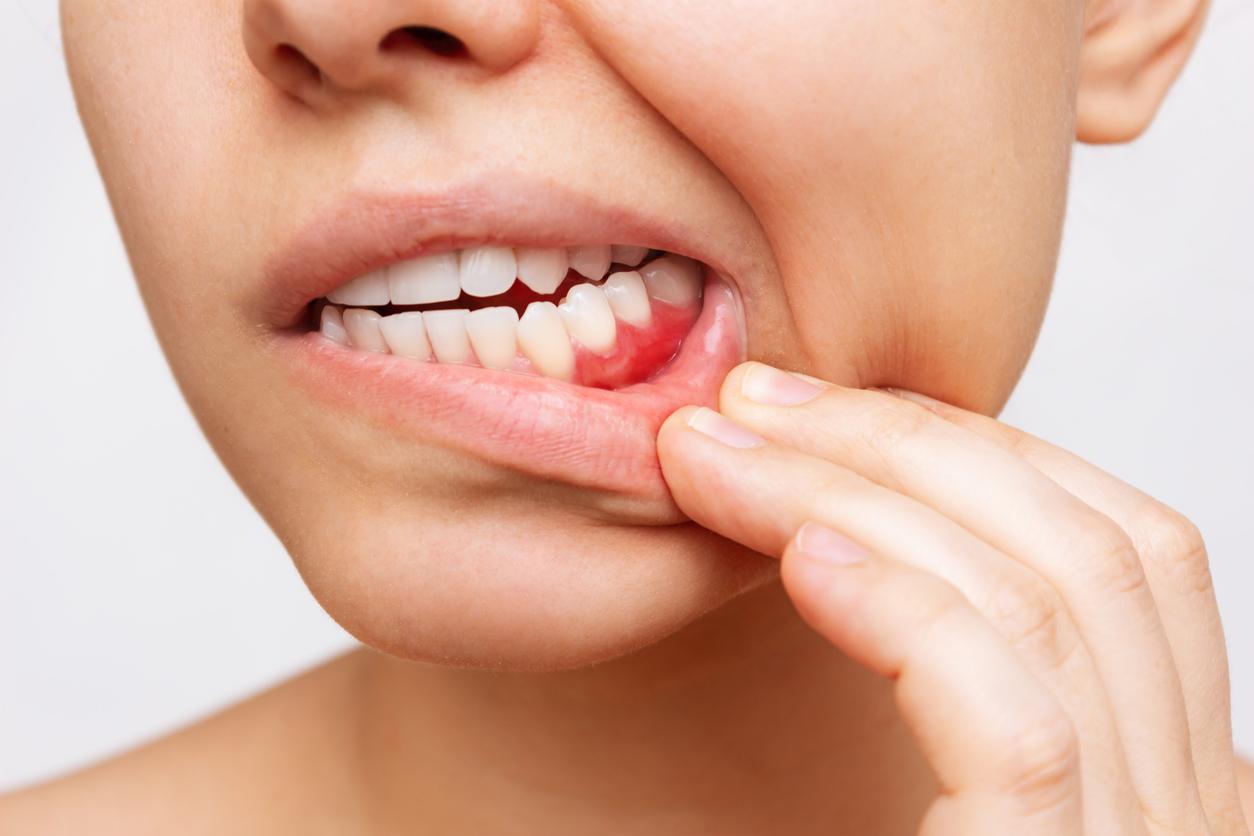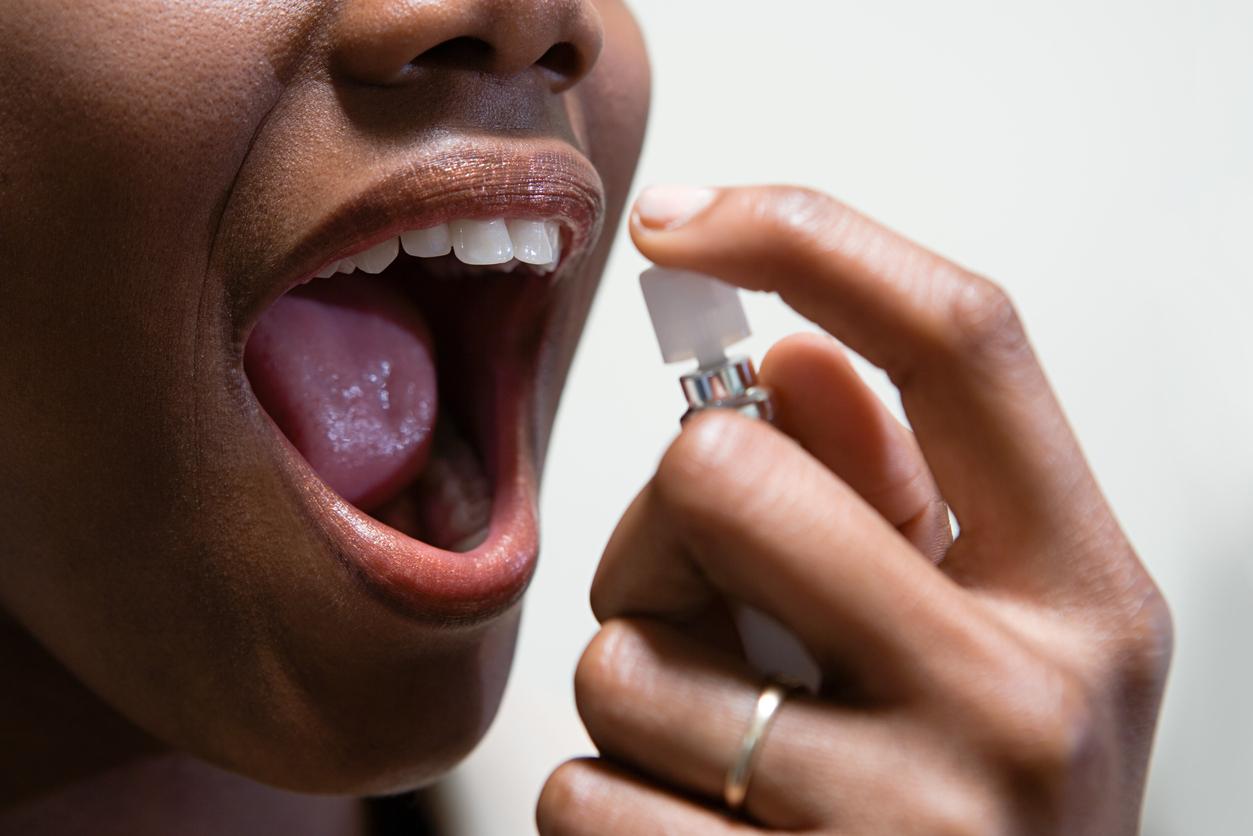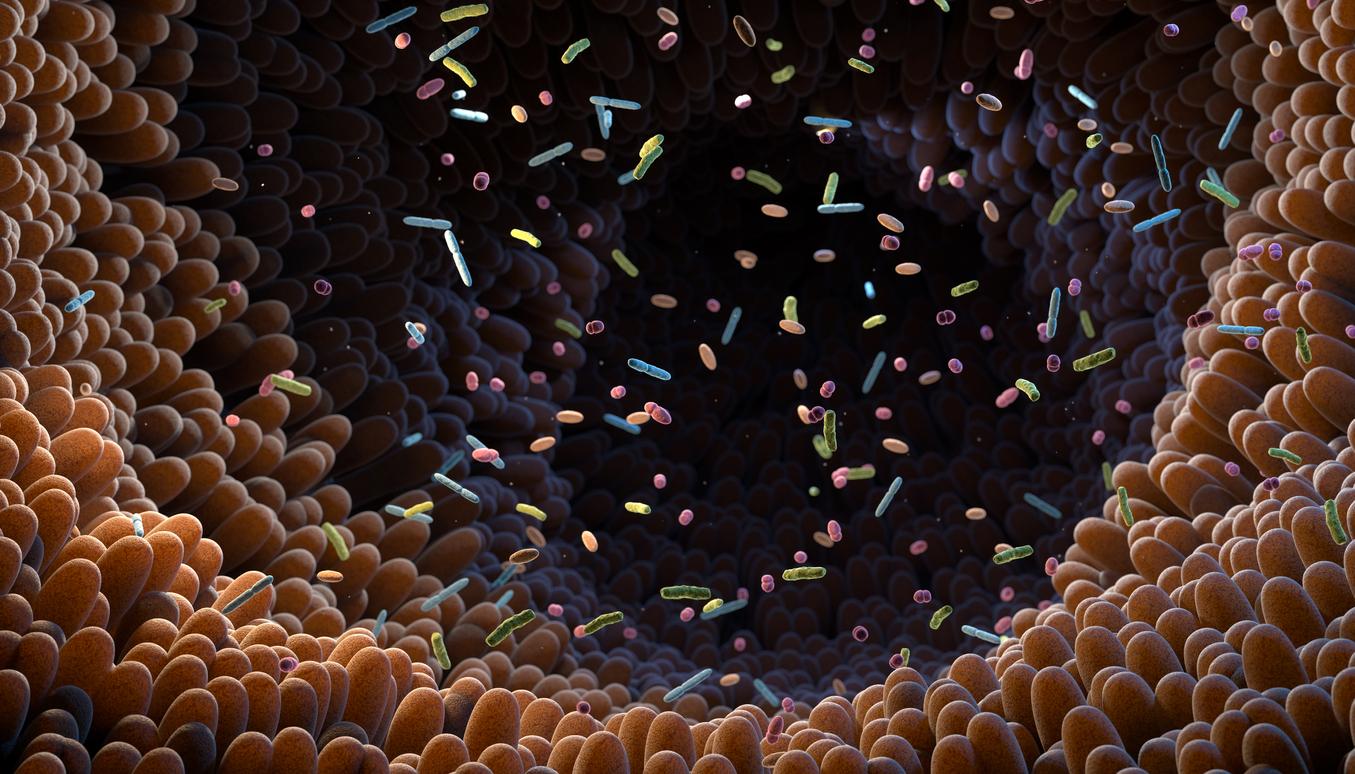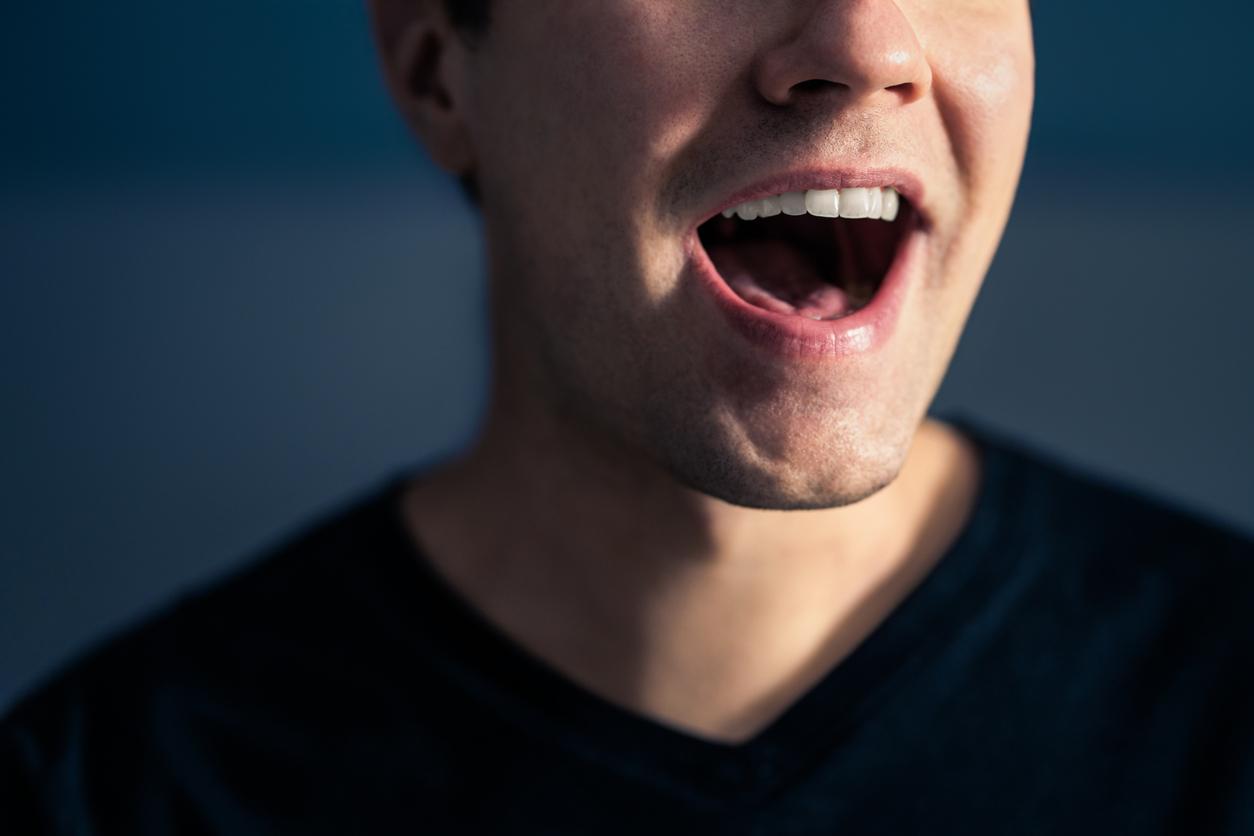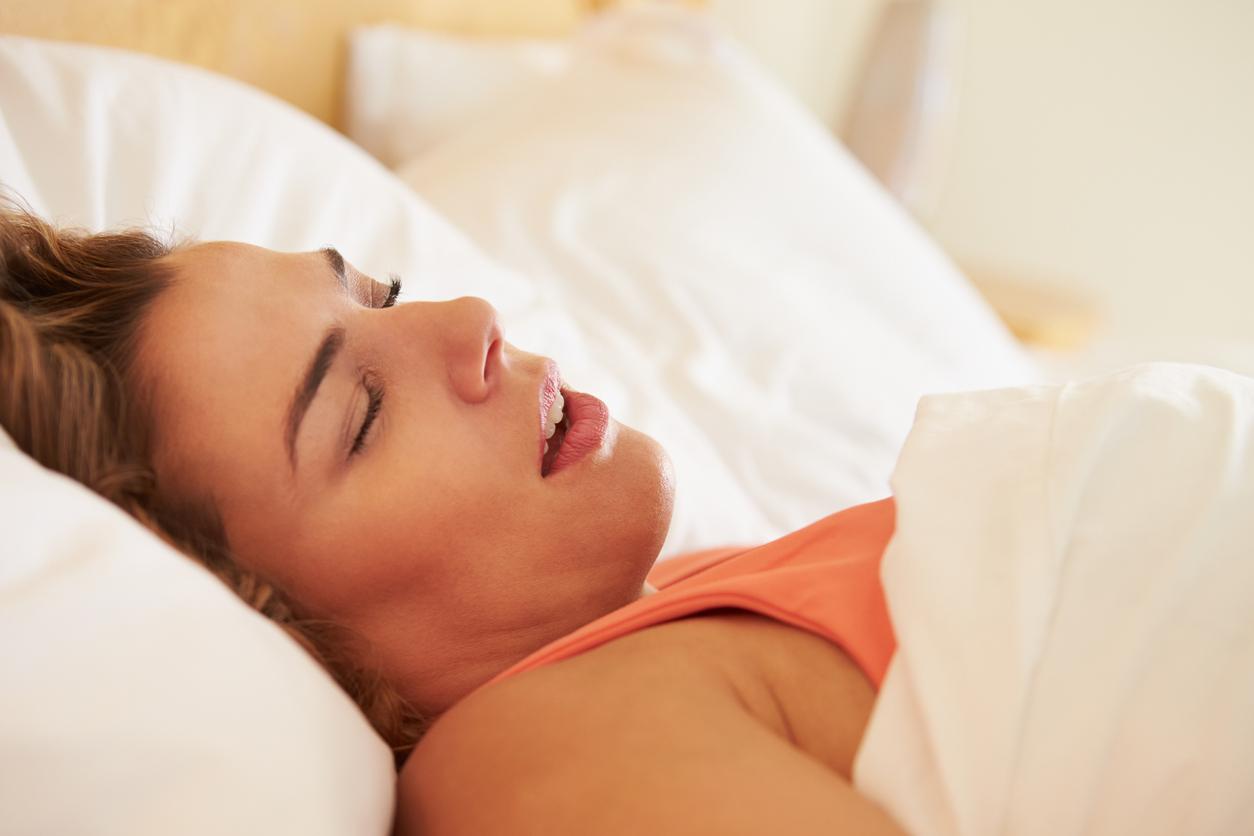
Dry mouth often only becomes noticeable after some time
If you suffer from a dry mouth, it feels annoying anyway, but it can also cause problems with eating and cause tooth decay. Practical tips for dealing with it.
A lack of saliva is a tricky ailment. Yet many people walk around with it without doing anything about it. “A shame”, thinks dentist-epidemiologist Dr Casper Bots of De Mondzorgkliniek. He is also the initiator of the Dutch Speekselcentrum. Bots: “Dry mouth can cause all kinds of problems, from an unpleasant mouth feeling to difficulty swallowing food and more tooth decay.”
At least a third to half of all people over the age of 70 suffer from dry mouth. Not everyone is sounding the alarm, Bots notices. “A lot of people think it’s part of aging. Or they don’t really notice, because the saliva decreases so gradually. We produce half a liter to a whole liter of saliva every day and we don’t notice a little decrease. We only notice that when there is half the saliva.”
Nevertheless, according to Bots, there are signals, such as red gums, grooves in the tongue or a very smooth tongue, saliva in the corners of the mouth, and at the dentist the mirror that sticks to the inside of the cheek. “You can often hear it when someone is talking. You then hear clicking and the sticky sound of a dry mouth.” It is also a signal when people say that they avoid strong flavours, complain about mouth odor or suffer from mold or burn mouth. The ‘chewing gum test’ often provides more information.
The chewing gum test
The effect of a chewing gum tells more about the cause of dry mouth. Do you get extra saliva in your mouth while chewing? Then the salivary glands still work and you can apply the tips for more saliva. This form of dry mouth is often a side effect of medication or the result of stress or smoking, for example. Are you not getting extra saliva? The salivary glands may be damaged. For example due to the autoimmune disease Sjogren’s syndrome or by radiation therapy to the head or neck. It is then limited or even impossible to stimulate the glands to produce more saliva.
Tip 1: Look at your medicines
Useful with: too little saliva production
Medicines are the number one cause of dry mouth. Simply stopping medication is often not an option. Does consultation with the doctor or pharmacist show that all medicines are still necessary? Then look together at the moment when they are taken. It may give relief if they are taken in the morning rather than in the evening when the mouth is drier anyway. There is also medication to stimulate saliva production (Pilocarpine). Unfortunately, this remedy is usually worse than the disease. It activates all glands, including sweat glands – making it feel like you’re in menopause – and causes heart rhythm disturbances.
Tip 2: Use artificial saliva
Useful for: damaged salivary glands
If you do not produce saliva yourself, artificial saliva is a solution. This is available at the drugstore. Granted, it doesn’t work as well as natural saliva, but at least it can provide relief. There is a thick gel that you put under the tongue and on the palate. This one is well suited for the night. During the day, a mouth spray can help keep the mouth moist.
Even if you temporarily produce less saliva, you can try this remedy. The effect is only short-lived if the salivary glands are stimulated: your ‘own’ saliva then flushes the product away. If you prefer to use a home remedy, you can put pieces of cucumber without peel in the refrigerator. Do you suffer from a dry mouth? Drizzle some olive oil on such a piece of cucumber and put it in your mouth. It may sound a bit strange, but the coolness feels nice, it gives a good mouthfeel, is not bad for your teeth and others are not surprised.
Tip 3: Chewing gum and candy
Useful with: too little saliva production
You would think that drinking water is a good remedy if you constantly suffer from a dry mouth. But anyone who produces too little saliva has probably noticed that drinking water only works to a limited extent. You feel relief for a moment, but after a minute the effect is gone. And drinking liters of water a day is also not desirable. Fortunately, there are ways to stimulate saliva production. Chewing movements help to produce saliva. For example, chew on a sugar-free gum or a cherry pit. Flavors also stimulate the production of saliva. Sugar-free candies or tablets against mouth dryness make your mouth water.
Tip 4: Take extra care of your teeth
Useful for: damaged salivary glands and too little saliva production
Incipient cavities can quickly enlarge if you suffer from dry mouth. Saliva maintains the acidity in the mouth and thus protects against tooth decay and erosion. Visit the dentist a little more often and possibly also the dental hygienist. It helps to limit the number of eating moments to three meals and three snacks. Then brush your teeth with a fluoride toothpaste. Tired of the strong taste of toothpaste? There is also mild toothpaste with fluoride but without taste. Also (neutral) fluoride rinse reduces the risk of cavities.
Tip 5: This way you get through the night better
Useful for: damaged salivary glands and too little saliva production
You produce less saliva at night. This is very natural. But if you already suffer from dry mouth, it will only get worse during the night. Especially if you also snore or sleep with your mouth open. You may even wake up with a dry mouth. Mouth breathing can be prevented by simply sticking a patch across your mouth. You must be able to breathe freely through your nose. Vaseline on your lips fools your brain a bit, making your mouth feel more pleasant and moist. Avoid using lip balm as it tends to dry out your lips a bit. In addition, ensure good ventilation and sufficient humidity in the bedroom.
Tip 6: Drink something with dinner
Useful for: damaged salivary glands and too little saliva production
The so-called ‘bricklaying’ was previously discouraged. If you drank with a meal, (important) enzymes in the saliva could not do their job, and that would be very unhealthy for the digestive system. In the meantime, we know better. The role of these enzymes in the saliva is limited and there is nothing against drinking some soup, milk or water while eating. This will make the food creamy and easier to swallow.
This article previously appeared in Plus Magazine January 2021. Want to subscribe to the magazine? You can do that in an instant!
Sources):
- Plus Magazine








